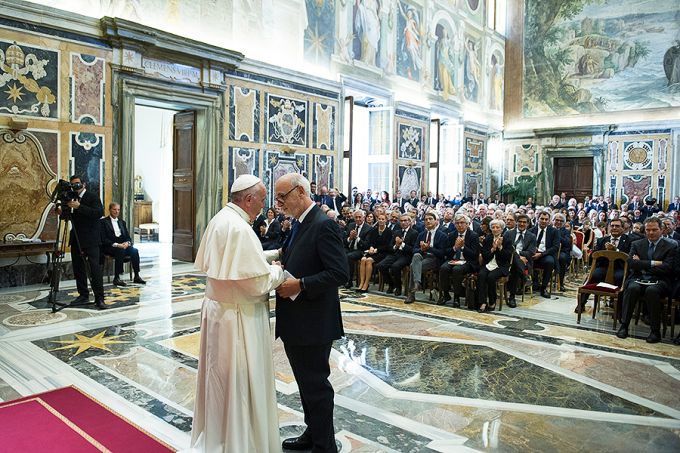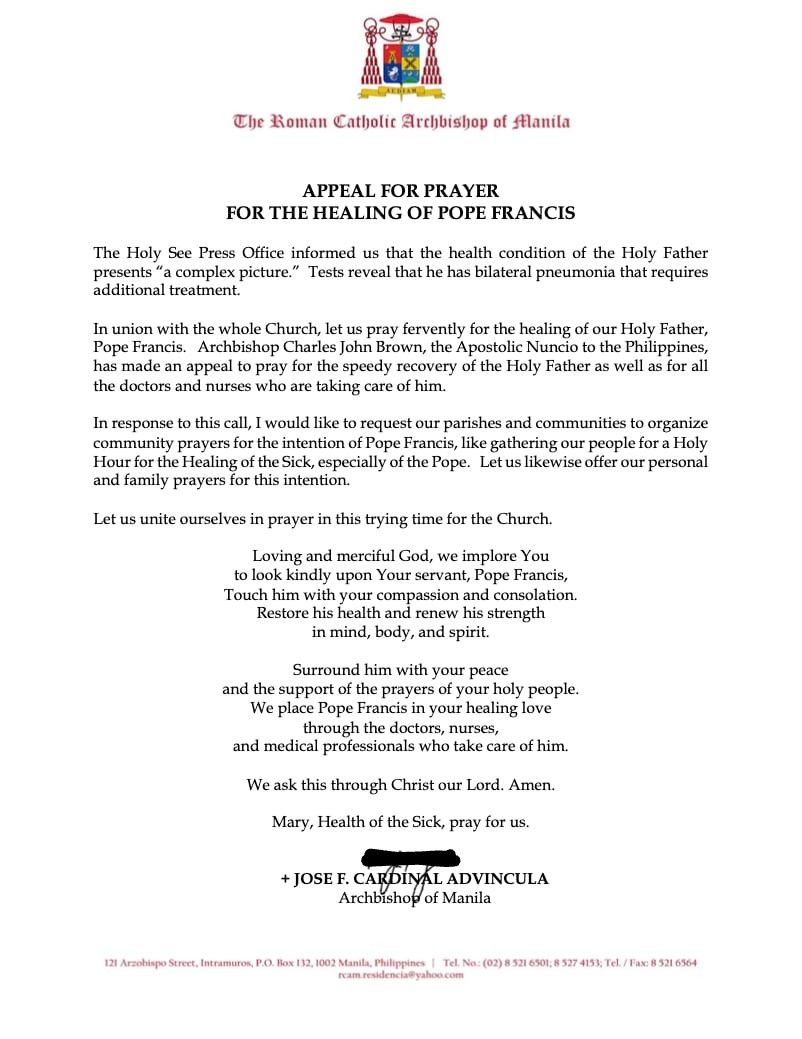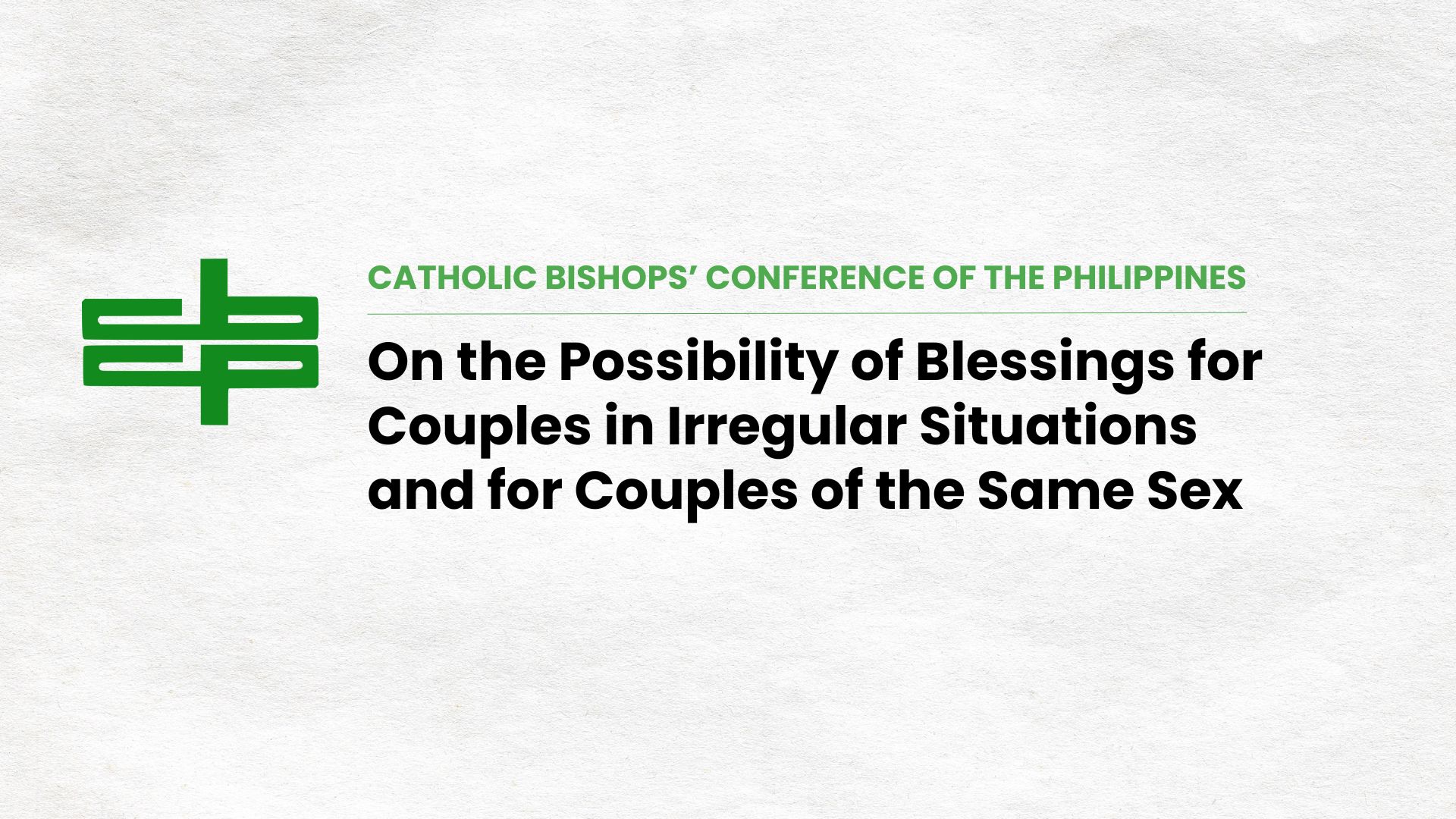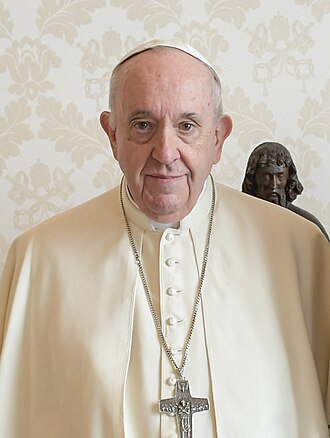
.- Emphasizing the importance of respect for human dignity, Pope Francis told journalists Thursday that their profession can never be used as a destructive weapon, nor should it be used to nourish fear.
“Certainly criticism is legitimate, and, I would add, necessary, just as is the denunciation of evil, but this must always be done respecting the other, his life, and his affect. Journalism cannot become a ‘weapon of destruction’ of persons or even nations,” the Pope said Sept. 22 at the Vatican’s Clementine Hall.
“Neither must it nourish fear in front of changes or phenomena such as migration forced by war or by hunger.”
He was meeting with Italy’s National Council of the Order of Journalists, and he commented that “there are few professions which have such influence on society as does journalism. The journalist has a role of great importance, and at the same time a great responsibility. In a certain sense you write the ‘first draft of history’ … introducing persons to the meaning of events.”
While acknowledging the increased role of digital media, which has come at the expense of print journalism and television, the Pope said that “journalists, when they are professional, remain a key pillar, a crucial element for the vitality of a free and pluralistic society.”
Pope Francis reflected on how journalism “can serve for the betterment of the society in which we live,” noting that it is indispensable for everyone “to stop and reflect on what we are doing and how we are doing it … even in the professional life there is a need for this, a bit of time to pause and reflect. Certainly, this is not easy in the realm of journalism, a profession which lives on continuous deadlines and ‘expiration dates’. But, at least for a brief moment, let us reflect a bit on the reality of journalism.”
He highlighted loving the truth, living with professionalism, and respecting human dignity as the three key elements in practicing a journalism which serves society.
“To love the truth means not only to affirm, but to live the truth, to bear witness to it in one’s work. To live and work, then, with coherence in respect to the words that are used for an article in the paper or a television service. The question here is not one of being or not being a believer. The question here is being or not being honest with oneself and with others,” he said.
Francis called relationship “the heart of every communication,” noting that “no relationship can stand and endure over time if it is based on dishonesty. I realize that in journalism today – an uninterrupted flow of events recounted 24 hours a day, 7 days a week – it’s not always easy to arrive to the truth, or at least get close to it. Not everything in life is black or white. Even in journalism, one needs to know how to discern between the shades of gray in the events you are called to cover.”
“Political debates, and even many conflicts, are rarely the result of a distinct, clear dynamic in which it is possible to recognise precisely and unequivocally who is wrong and who is right.”
He said that “comparison and conflict are, indeed, born precisely from this difficulty of synthesis between different positions. This is the difficult and at the same time necessary work – we could also say mission – of a journalist: to arrive as close as possible to the truth of the facts and never to say or write what one knows, in their conscience, is not true.”
Turning to his second point, living with professionalism, Pope Francis said this means, “beyond what we can find written in the codes of ethics, to understand, to internalize the profound sense of one’s work.”
“From this arises the necessity of not submitting one’s profession to the logic of partisan interests, be they economic or political.”
The Pope said that “the task of journalism – dare I say, its vocation – is therefore to nurture the social dimension of man, favouring the building of true citizenship.”
Working with professionalism “means not only responding to the preoccupations, while legitimate, of one class, but keeping at heart one of the pillars in the structure of a democratic society,” he said. “We should always reflect that, throughout history, dictatorships – of every orientation and type – have always sought not only to take control of means of communication, but even to impose new rules on the profession of journalism.”
Finally, Pope Francis noted that respect for human dignity is of particular importance in journalism because “even behind the simple account of an event there are feelings, emotions, and, ultimately, the lives of persons.”
He recalled how he often speaks of gossip as a “terrorism” which kills with the tongue. “If this applies to individuals, with family or at work, it applies all the more to journalists, because their voice reaches everyone, and this is a very powerful weapon.”
“Journalism must always respect the dignity of the person. An article is published today and tomorrow it is replaced with another, but the life of a person unjustly defamed can be destroyed forever.”
He added that criticism and the denunciation of evil can be legitimate and, indeed, necessary, but always within a framework of respect for the person.
Neither may journalism “nourish fear in front of changes or phenomena like migration forced by the war or by hunger,” Pope Francis exhorted.
The Pope concluded, saying, “I hope that more and more journalism everywhere is a tool of construction, a factor for the common good, an accelerator of processes of reconciliation; that it may know how to reject the temptation of stirring up confrontation, with language that fans the flames of division, instead favoring the culture of encounter.”
Post Credit: Catholic News Agency











